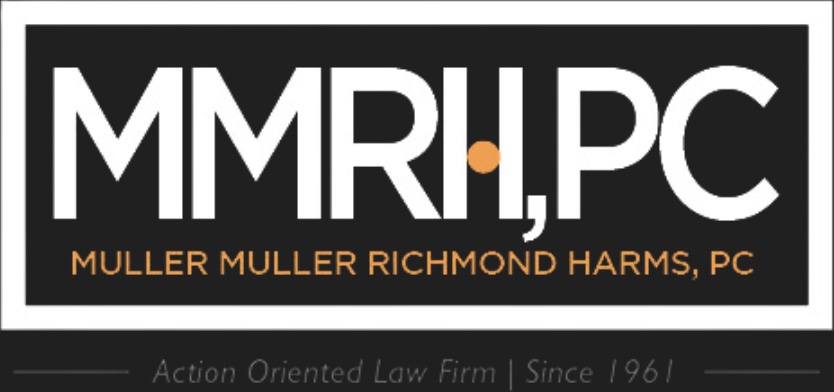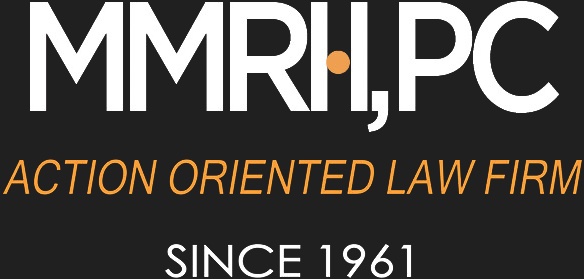Applying the Five Cs of Credit

How do you decide whether to give a customer credit or not?
Have you heard of the five Cs of credit?
Any decision to extend credit to a customer is loosely based on what are commonly referred to as the five Cs of credit: character, collateral, capacity, capital, and conditions. These concepts may seem vague, and sometimes they’re more of a gut check than something you can objectively measure, but they provide a reality check on whom to trust and when to trust them.
Assessing Character
Whether it’s an individual or a company, your customer exhibits a personality. From a credit prospective, you evaluate your customer’s integrity, particularly in terms of bill paying. Has this customer exhibited integrity in the past? If the customer says the check is in the mail, is it really?
Customers who lack character should be required to provide more proof that they’re worthy of credit. For example, you may require updated financial information every six months or every year or verify their status with outside credit reporting agencies every six months.
Evaluating Collateral
When you take a lien, you stake a claim to certain assets of your customer, and become their “secured creditor.” The property you take the lien against, such as inventory, equipment, or machinery is your collateral. If your customer stops paying its bills, you may pursue the assets that are subject to your lien in order to satisfy their debt.
After you’ve staked your claim to those assets, when your customer stops paying you can either take those items back with the cooperation of your customer or you can seek a court order to take the items back (a process referred to as “claim and delivery” or “foreclosure”) to minimize your losses.
Determining Capacity
“Capacity” is the sufficiency of cash flow to cover debt. The ability of a business to pay debt generally fluctuates depending on budgeting skills and the steady flow of enough cash to cover debts as they mature and become due. Unforeseen expenses can throw a monkey wrench into even the best-laid budgets, so the acid test for capacity is actually whether your customer can generate an adequate cash flow to pay its obligations even with fluctuations in the marketplace, sudden drops in orders from its customers, and similar unexpected difficulties. Part of the answer to this question may lie in the customer’s capacity and willingness to borrow money to supplement cash flow when the purse strings tighten up. What matters to you, though, is whether your company will receive payment even if your customer is having temporary cash flow concerns.
Examining Capital
A company’s net worth is made up of capital that has been paid into it over the years, along with any that has been generated through profitable operations (“retained earnings”). Ideally, you can compare two or three financial statements next to each other to spot trends in net worth. You’re looking for your customer’s net worth to increase each year, meaning that capital is being put into the company—that the company is profitable and is keeping some of its earnings rather than paying them all out of shareholder as salary or dividends, or both.
Reacting to Conditions
An excellent practice to follow when extending credit is to consider the general conditions of your industry, as well as overall economic conditions. Although good customers may pay their bills timely even in poor economic conditions, when industry or general economic conditions take a downward turn you must monitor payment trends for even your best, most reliable customers.
When conditions are good, customers have lots of money and customer demand. Orders are high, and you’re willing to take some additional risk to maximize your profits, so more goods are shipped out on credit terms.
In difficult economic conditions, competition from other companies in your market affects how much risk you’re willing to take. If your goods or services are scarce or unique, you can more easily impose credit terms that better protect your business. The less unique your product, the more you must deal with market pressures that may force you to extend more credit than you’re really comfortable with.
Done Looking for Collection Companies in Michigan?
If you haven’t had luck with other Michigan collection companies, it’s time to partner up with Muller Law Firm! We provide collection services for business-to-business and business-to-client companies, specializing in pre-suit, post-suit, and post-judgment collection.
Fill out a contact form here, or give us a call at (248) 645-2440, to ask questions and figure out your next steps.


